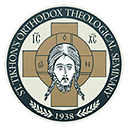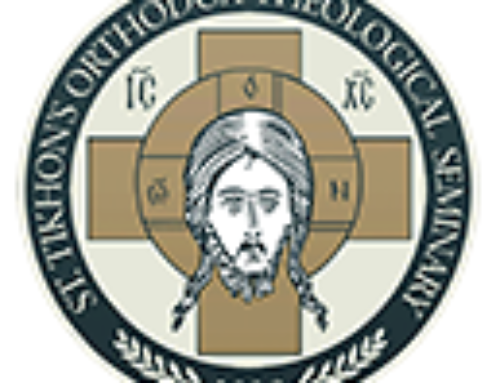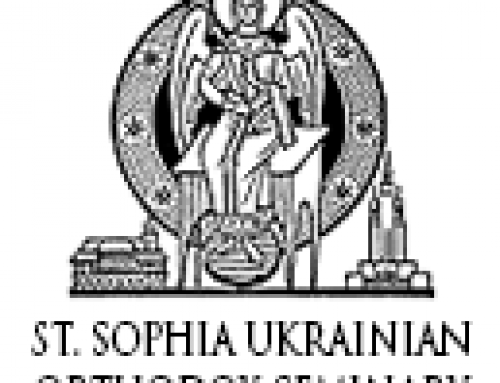This post was originally published on this site

By: Dn. Herman Garrison
OCA Chancellor Fr. Alexander Rentel’s discussion on the Tradition of autocephaly was a fitting end to the 2019 Fall Lecture Series. Fr. Alexander’s expertise in canon law and unique perspective were a wonderful capstone on this month’s theme of Autocephaly.
“Thank you on behalf of the OCA,” Fr. Alexander began, “as this prepares all of us for the 50th anniversary. It is not a celebration marked by excess feasting focusing on what we have accomplished. However, this is a chance for renewal, reorientation, and repentance, to bring our mind back into conformity to the mind of Christ”. Fr. Alexander noted that our own journey in the Church begins with baptism and that “we are charged to go and carry the good news to every nook and cranny of the earth and baptize everyone in the name of the Holy Trinity into the Catholic Church”.
He underscores that it is important to understand what Autocephaly really means. “There really is no idea of independence in the Church”, he stated, “for the Church to be truly Catholic, it must speak to everyone in their own language and genius. Autocephaly is nothing more than underlining the Catholicity in a particular corner of the world”. He then drew attention to the fact that the term “autocephaly” doesn’t appear anywhere in the Church canons.
“What it can and should mean has to be understood in the corpus of canons, which is a body of concillary texts that date from the 4th to 9th centuries,” he described. The particular canons discussed in the lecture were I Nicea 8 (commonly known as “one bishop, one city”), Antioch 9, Apostolic 34, and 1 Nicea 5. Fr. Alexander says that these canons are important in discussing authority “‘One Bishop, in one city’ represents Christ,” he noted, “ and this provides us with our first ‘shade of meaning’”. He continued, “what a bishop does has to be contemplentary with his neighboring districts and all of this work needs to be overseen by the bishop of the metropolis…all these must work together and fully in the name of the Holy Trinity…all in concord…”
Fr. Alexander argued that authority also must have accountability, “when one bishop makes a decision, he is obliged to make a case to his brothers. He is accountable to the Synod and that Synod is accountable to all Orthodoxy in the world. These bishops act in concert with all the bishops in the Orthodox world…the activity of the synod, are not just there to determine XYZ…what they’re arriving at is true and authentic so that an unblemished offering may be given to God. Autocephaly is only authentic and true when it serves the Catholicity of the Church”.
Fr. Alexander posited that an autocephalous Church must meet three criteria: it has its own head or primate not elected or confirmed by another body, it has territorial integrity in a geographical area, and it confects its own chrism. The OCA has shown maturity in dealing with its own issues; however, Fr. Alexander highlighted that the Tomos of autocephaly contains a paradox within its mandates. “The Tomos mandates that we are to remain in communion with our sister Churches in North America; therefore, we do not meet the second criteria,” he noted, “however, I put forward that this is an imperfect concord but guarantees Catholicity. The Tomos admits to being a creative solution to the canonical irregularities of America”.
He concluded the lecture encouraging the faithful that this mandate is a mission toward unity; in fact, we already have a firm foundation upon which we can build. “Our Tomos gives us a mandate to work toward unity in America. It is a prophetic document that gives us a clear mission…that the Catholic Church will flourish here. There is one consistent message. We have been unwavering toward the promise of one, unified Church. Not backhanded or forced, but a true catholicity. We have a unity in Faith. We must hold on to that and build upon that”.
Check out “Autocephaly with a Canonical Perspective” for the audio from this wonderful lecture. If you’d like to see more of these lectures in the future, please consider donating to St. Tikhon’s to continue these thought-provoking and enriching lectures.



